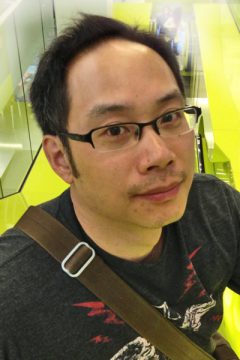MONDAY, March 2:
Brenda Beck (Toronto): “Is This Just One More Folk Legend?”
Centre for India and South Asia Research, IAR
CK Choi Building, Room 351 (1855 West Mall)
12-2.30 PM
For more info, please visit: http://tinyurl.com/mga3d5h
THURSDAY, March 5:
7th Annual Celebration of Punjabi, featuring:
Samuel John, in dialogue with Margo Kane, “At the Juncture of Theatre and Activism”
Dorothy Somerset Studios Theatre
University of British Columbia
Talk: 6-7.30PM // Student performances and awards: 7.45-9.30PM
For more info, please visit: http://tinyurl.com/l9xgnqn
———
THURSDAY, March 5:
Ali Kazimi Artist Talk & Reception
Theatre-Film Production Building – 6358 University Blvd
Ali Kazimi will talk about his extensive and varied career at 5pm
Reception at 5:30pm. RSVP BY MARCH 2 – Zanna (fipr.sec@ubc.ca)
Each year the UBC Rogers Communications Multicultural Film Production Project brings a globally recognized filmmaker to UBC as the Phil Lind Multicultural Artist in Resident – named after the UBC alumnus Philip B. Lind, Vice Chairman of Rogers Communication.
Ali Kazimi is an award winning Canadian documentary filmmaker whose works deal with race, migration, indignity, and history. Best known or his groundbreaking film, Continuous Journey. He was worked as a producer, director, writer and cinematographer on numerous productions. Kazimi has directed over two dozen episodes of television documentary series and has shot films in India, Napal, Bangladesh, the UK, USA, Bosnia, Italy, Turkey, Namibia, Indonesia and Morocco.
FRIDAY, March 6:
Shauna Singh Baldwin, “Mind-Dancing with Language”
Dept. of Asian Studies, UBC
Asian Centre Auditorium, 1871 West Mall
6-8PM
For more info, please visit: http://tinyurl.com/mz9y5la
FRIDAY-SATURDAY, March 6-7:
SACPAN 2015: South Asia Conference of the Pacific Northwest
Featured speakers: Sumit Guha (UT, Austin), Andrea Pinkney (McGill), Mukesh Eswaran (UBC)
Institute for Asian Research, UBC
CK Choi Building, Room 120 (1855 West Mall)
For full schedule, please visit: http://tinyurl.com/ocm3zep
 Faculty of Art
Faculty of Art






![NextUrbanPlanet_Feb26v2[1]](https://2017-acam.sites.olt.ubc.ca/files/2015/02/NextUrbanPlanet_Feb26v21-622x1024.jpg)


